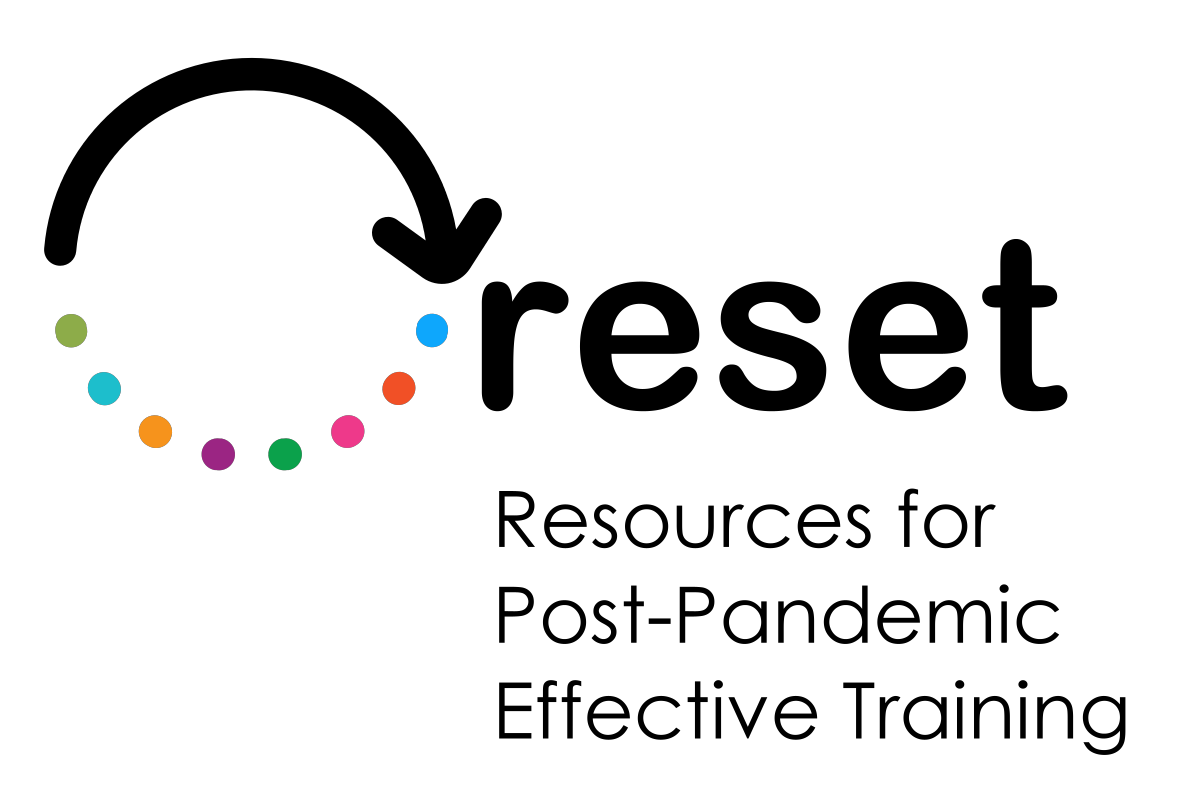Training

 Optimizing digital VET - Digital tools and resources - Learning styles and Roles
Optimizing digital VET - Digital tools and resources - Learning styles and Roles
Learning styles refer to the different ways in which individuals absorb and process information, and the four core learning styles are visual, auditory, reading/writing, and kinesthetic. Facilitating and roles refer to the responsibilities of the instructor or facilitator in delivering the course and managing the learning process.

 Optimizing digital VET - Digital tools and resources - Platforms and Learning Objectives
Optimizing digital VET - Digital tools and resources - Platforms and Learning Objectives
A Learning Management System (LMS) is a digital platform that facilitates the delivery and organization of educational content. It is typically web-based and can include features such as e-portfolios, quizzes, assessment tools, and course management tools. Learning objectives are important as they provide a clear outline of what the learner should be able to do after completing a course. The digital learning environment includes all digital tools used by students, including computers, smartphones, software, and virtual reality. When choosing an LMS, it is important to consider the needs of the learners, the stakeholders affected by the decision, and the specific learning objectives and goals. Digital tools can be used to track student progress and provide feedback, which can help improve student outcomes.







